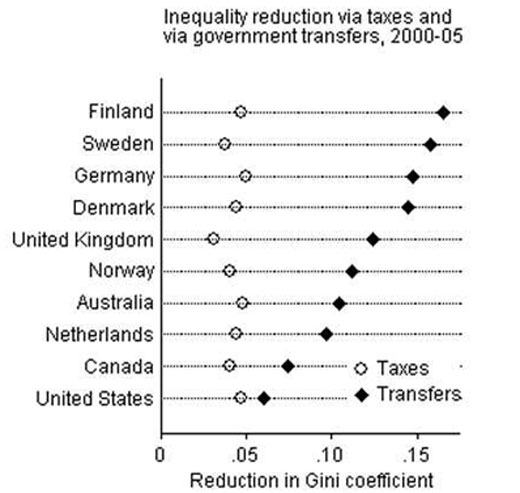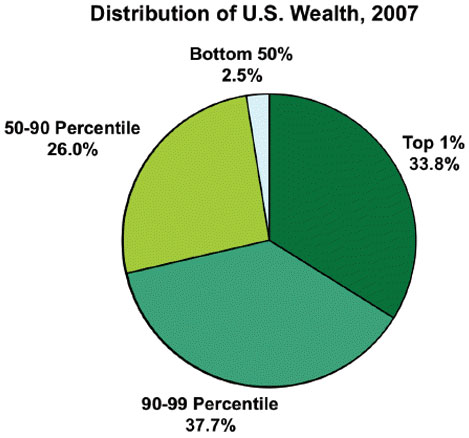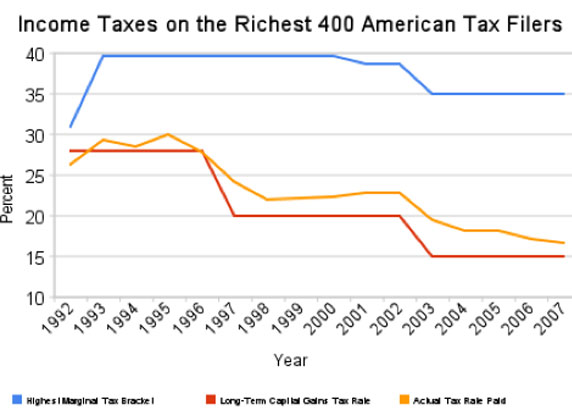The special meeting Kettering Board of Education is required by law to hold — in order to allow Superintendent Jim Schoenlein to retire and then be rehired — will be this Thursday, Jan. 13, at 8 a.m., at the district offices, 3750 Far Hills Ave.
This special meeting was originally scheduled for July 13, 2010, but was canceled because the retire / rehire decision was perceived as possibly discouraging Kettering voters from supporting the 4.9 mill Kettering School’s tax increase that was on the November ballot. That tax increase was approved by Kettering voters.
Now, the Kettering Board is going forward with the retire / rehire decision. Jeremy Kelly of the DDN explains that approval of the the plan will mean, “Schoenlein’s salary would drop to $130,000 from $155,000 and the district’s contribution to his retirement would shrink, saving Kettering schools a total of about $40,000 annually.”
Schoenlein will draw $250,000 in total income — $130,000 in salary from the district and $120,000 each year in retirement benefits. He will start a second retirement account based on his $130,000 new salary, and at age 65, he will be eligible for a cash settlement from this second retirement account.
In 2009, I was a candidate for the Kettering School Board and, though not elected, I did receive 4481 votes. For anyone in the Kettering public who is paying attention, I am going on record here — If I were now a member of the Kettering Board, I would vote “No” on this retire / rehire proposal.
I appreciate the fact that, evidently, there is a consensus on the Kettering Board that Dr. Schoenlein deserves a big increase in compensation. If other board members would make the case that, because of the merit of his work, Dr. Schoenlein deserves an increase in pay, as a board member, I would be open to increasing the superintendent’s salary, say, by $10,000 each year, to $165,000. But, I could not support a retire / rehire plan because, in my view, because such a decision would appear ethically challenged, and would needlessly alienate members of the public.
Yes, by “retiring / rehiring” their superintendent, according to my calculation, the district would gain $44,000, but, in the big picture taxpayers will lose close to $55,000. Dr. Schoenlein’s total compensation, under the retire / rehire plan, will increase by $95,000. This $95,000 increase is almost all from tax money, and so the deficit to the taxpayers, is $95,000 less $44,000 or $51,000.
In this post, from June 22, 2010, I argue “Net Cost To Taxpayers Each Year Will Be $32,875” — giving credit to Dr. Schoenlein that some of the $51,000 in additional compensation derives not from general tax money from Dr. Schoenlein’s salary — his personal contributions to the retirement fund. But, since then, I’ve discovered that Kettering administrators pay zero into their retirement account; the entire retirement contribution is paid for by the board. On Schoenlein’s salary of $155,000, the district pays 14% into the retirement account. The board pays 14% for teachers as well, but teachers, in addition, pay 10% from their own income into their retirement account. But in Kettering, for administrators, the district pays this additional 10% as well.
Kettering administrators have zero of their own money into the retirement account so, the net cost to taxpayers for the Schoenlein retire / rehire scheme will be closer to $51,000, rather than $32,875. (The exact amount is impossible to determine without knowing how many years, before becoming an administrator, that Schoenlein picked up this 10%).
Yes, it is true, that if Schoenlein would retire from Kettering and find a new job as superintendent of another school district, he might have total compensation exceeding $250,000. Such a retire / rehire to another district would be an overall increase in cost to taxpayers and such a move would be legal. It, also, in my view, would be ethical. In order to enjoy increased income, it is generally considered ethical if one is careful to obey the letter of the law — regardless if the law is illogical or unwise. A public body, making decisions for the general good of the public and in need of maintaining public confidence must be guided by the intent of the law, not simply the letter of the law. A public body has an obligation to keep its eye on, and to be guided by, the big picture.
But for the district, itself, to perpetuate the notion that Dr. Schoenlein has “retired” — when he will continue in exactly the same job, with exactly the same job description — is a move that I see as ethically challenged. For a board to retire / rehire its superintendent is to game the system. It saves the district money, but overall drains money from taxpayers. “Gaming the system” comes across as an “old boy network” ploy. It comes across as unethical.
The DDN in an editorial in December “Letting school bosses “retire” hurts pensions,” said:
This practice is controversial. Superintendents like Mr. Schoenlein really can’t be blamed for wanting to double-dip. It’s legal and allows them to make much more money — drawing both a salary and a pension …
But here’s the problem: The retire-rehire practice is so rampant among superintendents in Ohio it can only be harming the already fragile state of the State Teachers Retirement System. … When districts like Kettering look out for their own interests and cut special retirement deals with a few favorites, they contribute to perils facing the pension system.
It comes down to what the word “retire” really means.
In my post last summer — To Retire / Rehire Kettering Schools Superintendent Schoenlein Is Legal — But, Is It Ethical? — I write: A board that must continually ask the public for a vote of confidence via requests for new property taxes might remember that the public, I think, has already rejected the notion that legality is more important than ethics. The public has rejected a point of view that says, “It depends on what the meaning of the word ‘Is’ is.”
I think that the intent of the law that allows “retire / rehire” is that after retirement — after closing the door and leaving one’s job — if an educator has opportunities to work in his or her profession, then he or she should be encouraged to do so. Such an intent makes good sense. But every law has unintended consequences. The danger of this “retire / rehire” law to the education profession is that by encouraging retirees to cling on indefinitely, opportunities for talented newcomers are diminished.
The intent of the “retire / rehire” law was not that a board of education should have the opportunity to “game the system,” and, by so doing, drain $120,000 from the pension system — giving $95,000 to the superintendent and $25,000 to the board.
According to my calculation — which I intend to confirm with the school treasurer — in this new agreement, the school district saves $25,000 + $6000 + $13,000 or $44,000:
- The district saves $25,000 in salary — $155,000 to $130,000
- The district will not pay the 24% retirement amount on the $25,000 of Dr. Schoenlein’s salary that it previously paid– $155,000 to $130,000 — so 24% of $25,000 is a savings of $6,000.
- Dr. Schoenlein will pay the 10% retirement of $130,000 of the new salary and the district will pay 14%. Previously, the district paid this 10%, so this is a savings an of an additional $13,000.
Giving Dr. Schoenlein a $95,000 increase in compensation, while, at the same time, saving the district $44,000 in total expense sounds like something too good to be true. This influx of money comes from an unwise transfer of tax money from the pension system to the superintendent and the district. For the sake of maintaining a vigorous pension system and for the sake of creating opportunities for the next generation of educators, the state legislature should re-write laws pertaining to retire / rehire. Until such laws are re-written, local boards of education should act on principle, and, in the public interest reject retire / rehire proposals.

























